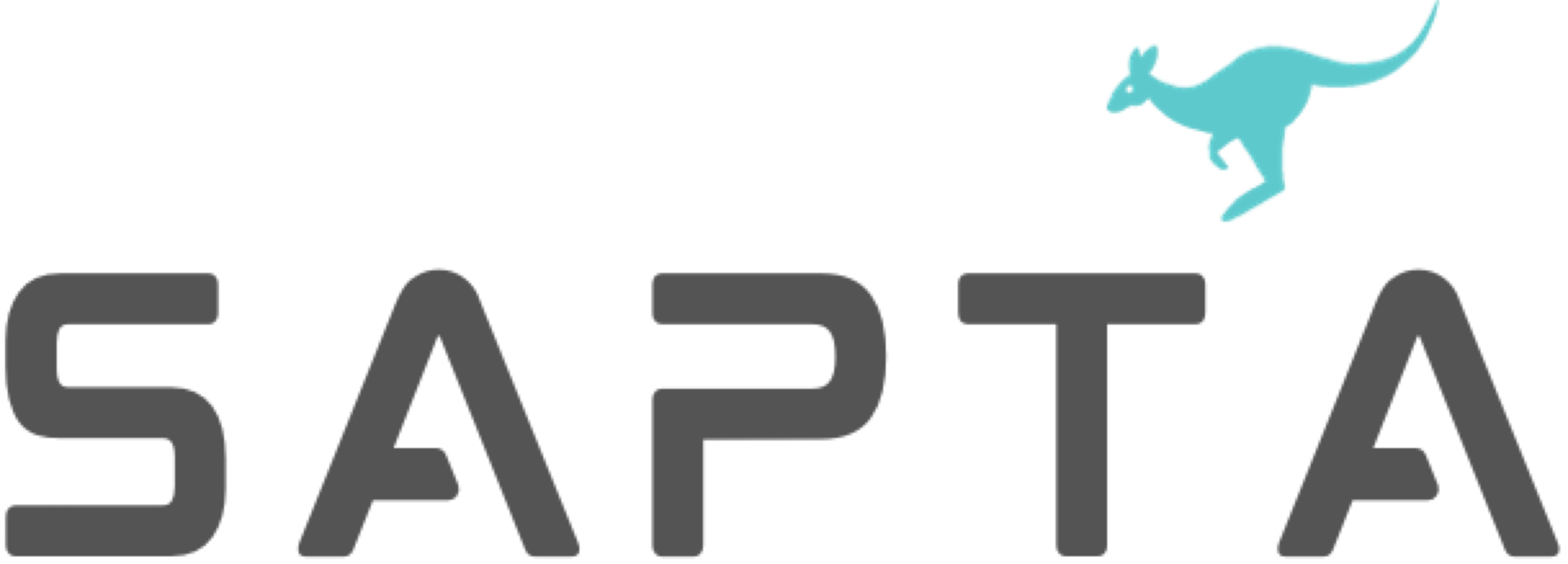
While adaptive strategy offers numerous benefits for business growth and navigating uncertainty, executives may have valid concerns that require careful consideration. In this article, we will address common objections executives might have about adaptive strategy and provide compelling counterarguments to bolster their confidence in embracing this approach.
1. Increased Risk
One of the primary concerns executives may have about adopting adaptive strategy is the perceived increase in risk. Rapid changes and constant adjustments can seem inherently risky, especially in industries where stability and predictability are valued. However, it is essential to recognize that the traditional approach of sticking to rigid long-term plans can also pose risks, particularly in volatile environments. Adaptive strategy allows organizations to proactively respond to changes and mitigate risks more effectively by staying agile and responsive.
Counterargument:
Adaptive strategy does not advocate for reckless decision-making but rather encourages informed risk-taking based on real-time data and insights. By embracing adaptability, executives can position their organizations to identify and capitalize on emerging opportunities while minimizing potential threats.
2. Short-Term Focus
Some executives may worry that prioritizing adaptability could lead to a short-term focus at the expense of long-term strategic goals. Constantly shifting priorities and chasing immediate opportunities might seem counterproductive to building sustainable growth and stability. However, adaptive strategy is not about abandoning long-term vision but rather about balancing it with the flexibility to adjust tactics and strategies in response to evolving circumstances.
Counterargument:
Adaptive strategy enables executives to maintain a dual focus on both long-term objectives and short-term adaptability. By articulating a clear vision and strategic roadmap, executives provide a guiding framework for their organizations while allowing for agile adjustments to tactics and initiatives as needed. This approach ensures alignment between short-term actions and long-term goals, fostering resilience and sustainability.
3. Disruption to Existing Processes
Implementing a new methodology may disrupt existing processes and workflows, causing uncertainty and resistance among employees accustomed to stability and routine. Executives may hesitate to introduce changes that could disrupt organizational dynamics and productivity, fearing pushback or resistance from employees.
Counterargument:
While it is natural for change to provoke some resistance, adaptive strategy empowers executives to engage their teams in the transformation process actively. By fostering a culture of transparency, communication, and collaboration, executives can involve employees in shaping the organization’s adaptive journey. This approach not only minimizes resistance but also cultivates a sense of ownership and commitment among employees, driving collective efforts towards achieving strategic objectives.
Building Confidence in Adaptive Strategy
Addressing potential objections is crucial for building confidence and buy-in among executives and their leadership teams. By acknowledging valid concerns and providing compelling counterarguments, executives can overcome hesitation and embrace adaptive strategy as a powerful tool for navigating uncertainty and driving sustainable growth.
Follow us on LinkedIn to get all of the latest Adaptive Insights.



